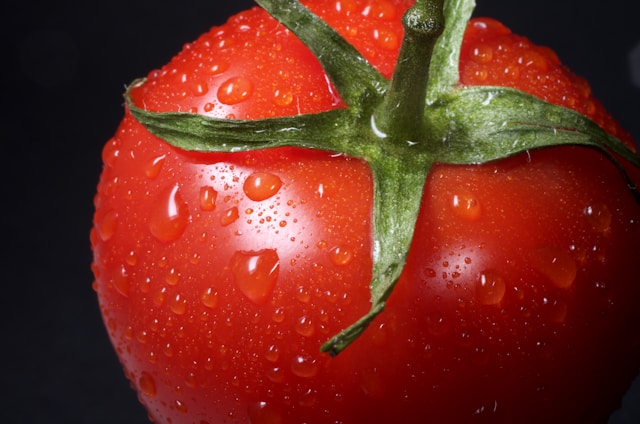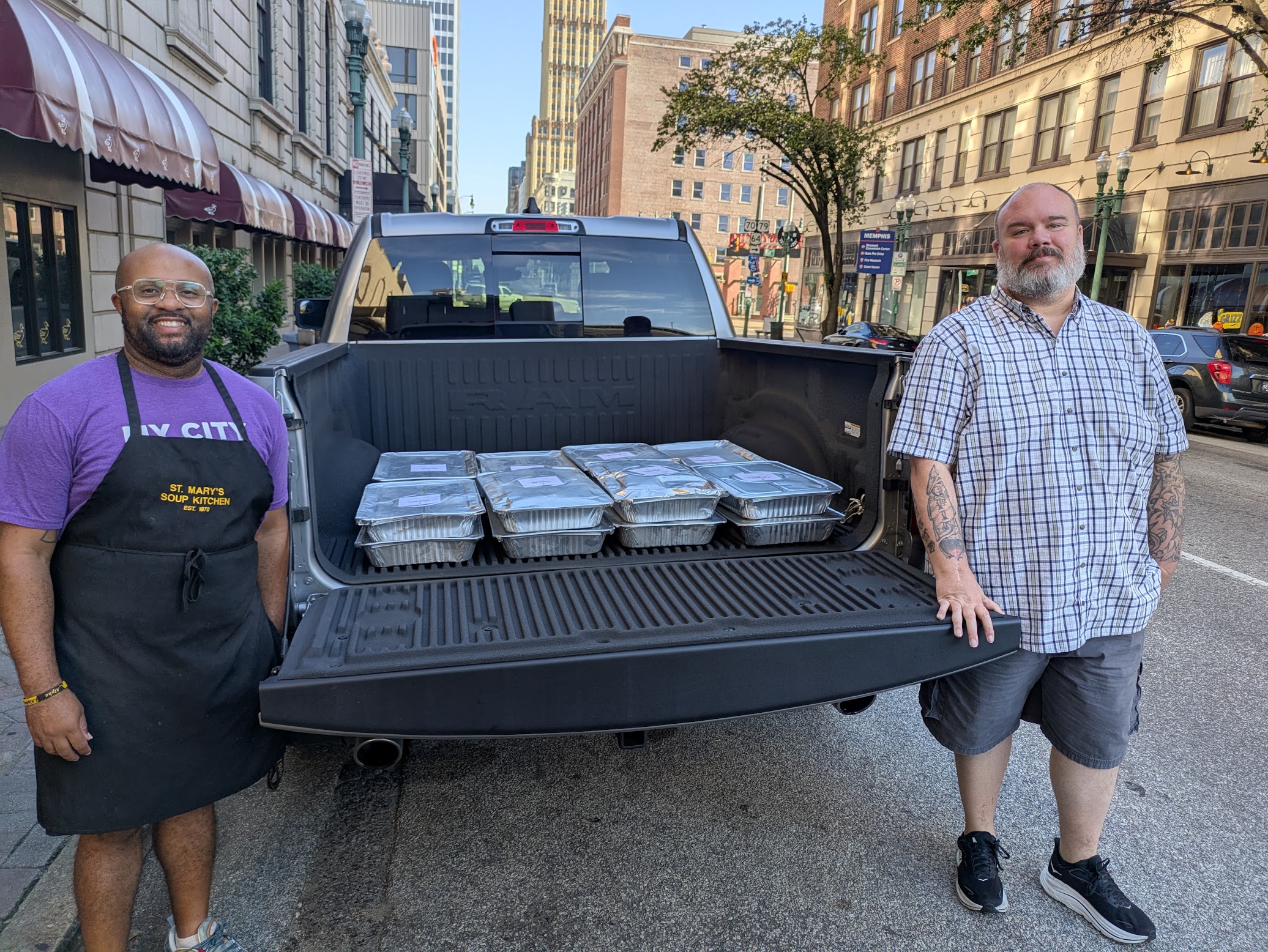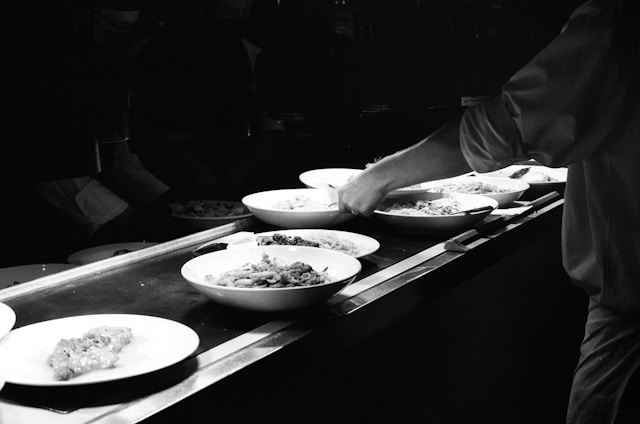We’ve all had it happen: you reach into the produce drawer and discover a mushy tomato you forgot was there. Gross, but harmless enough…right? Maybe you toss it in the trash. Or maybe, determined to do the right thing, you take the plastic clamshell container it came in and throw that container into your recycling bin – still a little sticky with tomato juice.
No big deal? Actually, it is.
A single rotten tomato and the residue it leaves behind can help explain one of the biggest challenges facing recycling systems today: contamination. And learning how to avoid that contamination might just make you a recycling pro.
The dirty truth about recycling contamination
In theory, recycling is simple: toss your plastic, glass, cardboard, and cans into the right bin, and they’re turned into new products instead of going to the landfill.
In reality, it’s more complicated. When recyclables are mixed with leftover food, greasy residues, or the wrong types of materials altogether, they become contaminated. And contamination has big consequences.
In Memphis, if a load of recyclables contains more than 14% contaminated materials, the entire truckload can be rejected and sent straight to the landfill. That means all the cardboard, cans, and bottles your neighbors dutifully sorted might be wasted – all because a few items were too dirty or the wrong type.
A contaminated recycling bin at home can also be left behind by collection workers. Not only is this a missed opportunity to recycle, but it can also pose safety hazards to workers who have to handle messy or dangerous items.
How food waste makes it worse
So where does our squishy tomato come in?
Food waste is a common cause of recycling contamination. Grease-soaked pizza boxes, jars with leftover sauce, yogurt cups with a few spoonfuls remaining – all of these create sticky, smelly loads that can’t be recycled properly.
Food residue gums up sorting machines at the recycling facility and can ruin entire batches of clean materials. A single unrinsed container might not seem like much, but multiplied across tens of thousands of households, the impact is significant.
Here’s the thing – most of us want to recycle correctly. We’re trying to do the right thing for our community and the planet. But it’s easy to overlook the details, especially when life gets busy.
Small steps, big impact
The good news? Reducing waste – and preventing recycling contamination – is simple once you know how.
That sad tomato in your fridge can teach you more than you’d think. Here’s how small changes can help you waste less and recycle better:
- Buy only what you need.
Plan meals and shop with intention to avoid buying more produce than you can realistically use. Leave that extra tomato at the store for someone else instead of letting it rot in your fridge. - Store food wisely.
Know how to keep fruits and veggies fresh longer. A little research on proper storage – like keeping herbs in a glass of water in the fridge instead of leaving them bunched in a plastic bag – can save food from spoiling too soon. - Compost food scraps.
If food waste is unavoidable, composting is a great way to keep it out of landfills and recycling bins. Scraps like tomato cores, stems, and peels can be turned into nutrient-rich soil rather than contaminating recyclable materials. - Rinse and recycle right.
When you do recycle packaging from your food, make sure it’s empty and free of residue. A quick rinse prevents contamination and helps ensure your recycling efforts count. - Avoid wish-cycling.
If you’re unsure whether an item is recyclable, don’t guess. Putting the wrong materials or food-soiled items into the bin can cause entire loads to be rejected. Check local guidelines, and when in doubt, leave it out.
Changing habits, changing systems
Being mindful about food waste can spark bigger changes. When you’re careful about how you handle food scraps, you’re naturally more attentive to what goes into your recycling bin and your trash overall. Reducing waste at the source, composting food scraps, and recycling right all work together to keep our city cleaner and our planet healthier.
So next time you find a rotten tomato lurking in your fridge, don’t just toss it and move on. Let it remind you that small, thoughtful actions can have a big impact.




